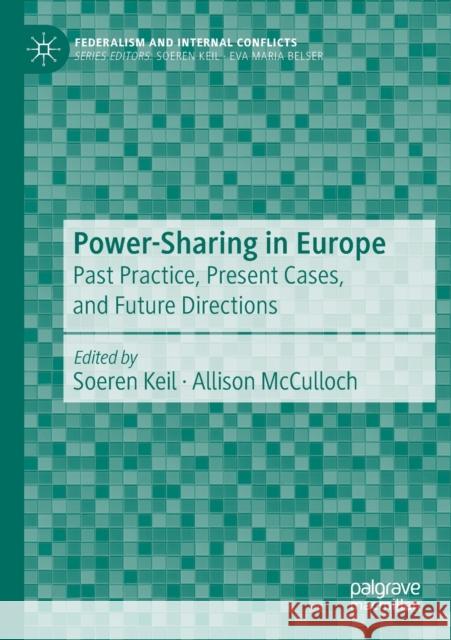Power-Sharing in Europe: Past Practice, Present Cases, and Future Directions » książka
topmenu
Power-Sharing in Europe: Past Practice, Present Cases, and Future Directions
ISBN-13: 9783030535926 / Angielski / Miękka / 2021 / 304 str.
Power-Sharing in Europe: Past Practice, Present Cases, and Future Directions
ISBN-13: 9783030535926 / Angielski / Miękka / 2021 / 304 str.
cena 523,30
(netto: 498,38 VAT: 5%)
Najniższa cena z 30 dni: 501,19
(netto: 498,38 VAT: 5%)
Najniższa cena z 30 dni: 501,19
Termin realizacji zamówienia:
ok. 16-18 dni roboczych.
ok. 16-18 dni roboczych.
Darmowa dostawa!
Kategorie BISAC:
Wydawca:
SPRINGER
Język:
Angielski
ISBN-13:
9783030535926
Rok wydania:
2021
Ilość stron:
304
Waga:
0.36 kg
Wymiary:
21.01 x 14.81 x 1.63
Oprawa:
Miękka
Wolumenów:
01
Dodatkowe informacje:
Wydanie ilustrowane











